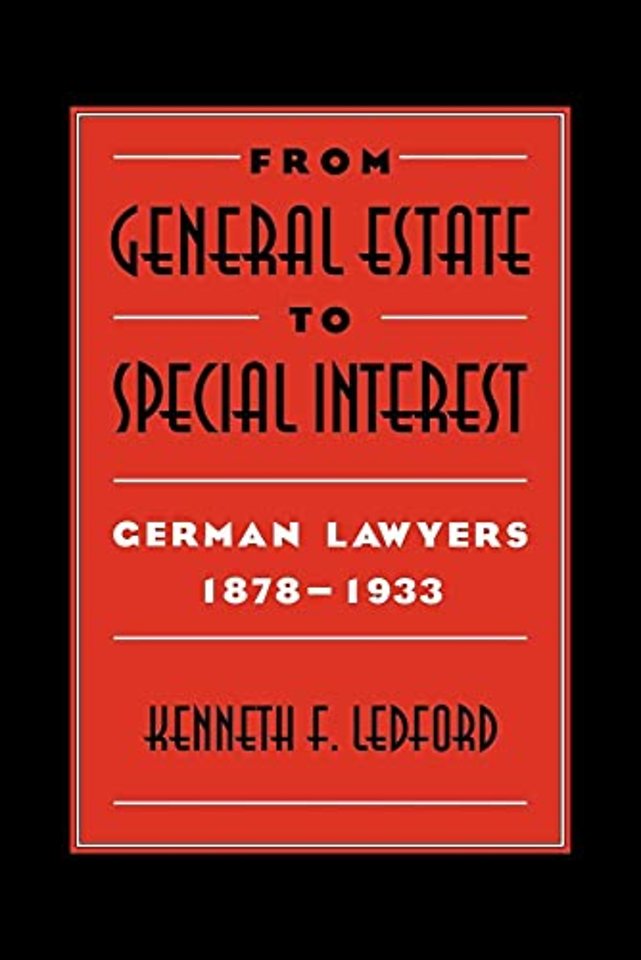From General Estate to Special Interest
German Lawyers 1878–1933
Samenvatting
The history of German lawyers in private practice from 1878 to 1933 helps answer questions about the inability of German liberalism to withstand National Socialism in 1933. Lawyers connect the procedural focus of legal thinking with procedural notions of individual liberties. In Germany they won free entry and self-government for their profession in 1878, thinking that these changes would lead to civic leadership and expanded liberty, but the forces that were unleashed revealed internal tensions and the limits of professional influence. Exaggerated expectations for the legal profession in public life exposed the limitations of procedural liberalism, with tragic consequences for Germany.

